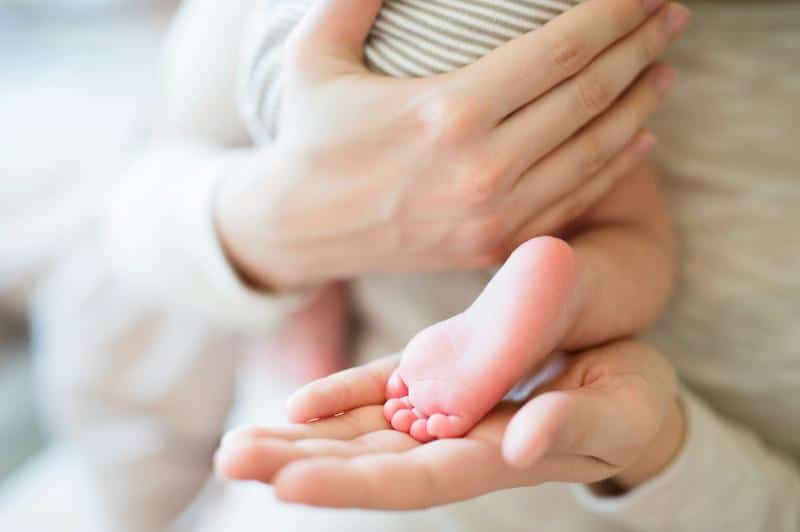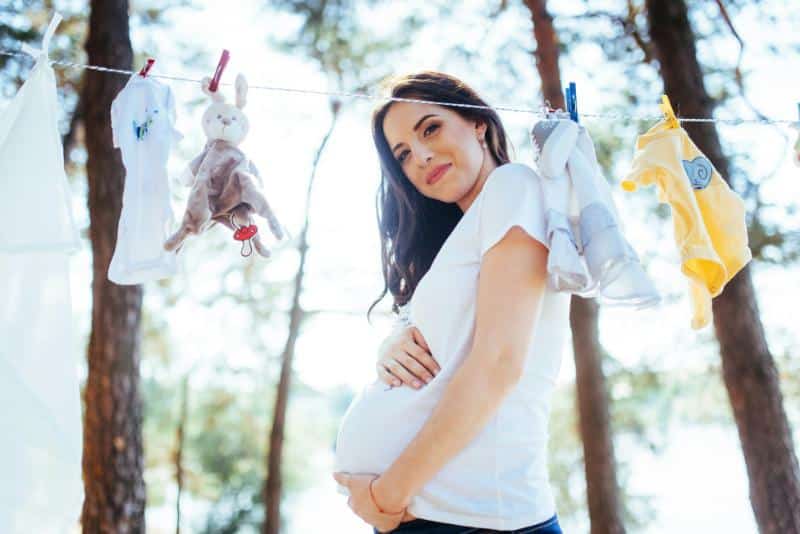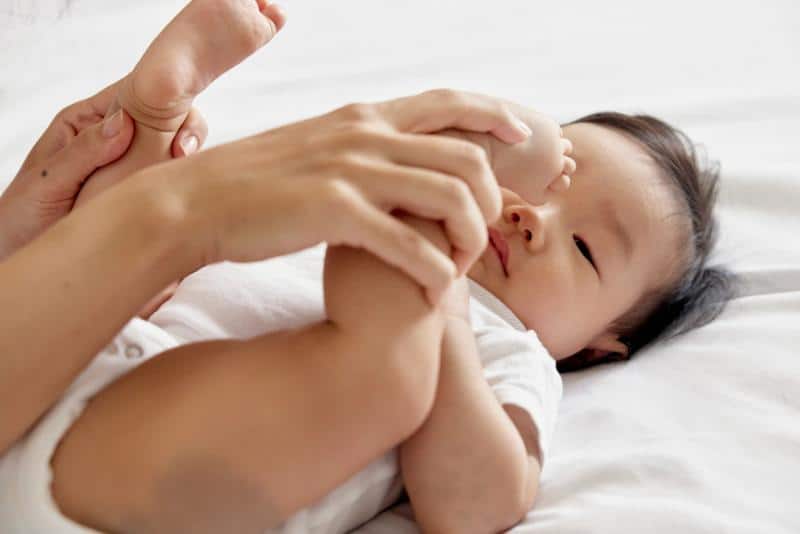Bringing a new life into the world is a transformative and often overwhelming experience for expectant mothers. The journey through pregnancy, childbirth, and the postpartum period is a profound one, marked by physical and emotional changes. In this blog post, we will delve into valuable insights and advice on childbirth and maternal well-being, offering guidance that extends from the early stages of pregnancy through the postpartum phase. From understanding the importance of prenatal care to embracing the challenges of labor and delivery, we aim to provide a comprehensive resource for expectant mothers and their families.

Maternity Care: A Foundation for Well-being
Maternity care is the cornerstone of a healthy pregnancy. Regular prenatal check-ups are not just routine appointments; they are vital opportunities for monitoring the health of both the mother and the developing baby. These appointments allow healthcare providers to identify and address potential issues early on, ensuring a smoother journey through pregnancy. Resources such as maternity care packages, encompassing a range of services from ultrasounds to nutritional counseling, can offer comprehensive support. It emphasizes the commitment to holistic well-being, emphasizing the interconnected nature of physical, emotional, and mental health during this pivotal time.
Understanding the Phases of Pregnancy
Pregnancy unfolds in distinct phases, each with its own set of joys and challenges. The first trimester, marked by the initial discovery of pregnancy, often comes with a mix of excitement and nausea. As the journey progresses, the second trimester brings a sense of stability and the first flutters of fetal movement. The third trimester, characterized by the growing anticipation of meeting the baby, can be physically demanding. Navigating these phases requires flexibility and self-compassion. It’s crucial to acknowledge the physical changes while also nurturing emotional well-being, recognizing that every pregnancy is unique.

Preparing for Labor and Delivery
The prospect of labor and delivery can be both exhilarating and anxiety-inducing. Education and preparation play pivotal roles in easing apprehensions. Attending childbirth education classes, led by experienced professionals, can demystify the birthing process, providing practical tools and strategies for managing labor pains. Additionally, creating a birth plan allows expectant mothers to articulate their preferences and desires for the birthing experience, fostering a sense of empowerment. However, it’s essential to approach these plans with flexibility, understanding that unexpected circumstances can arise.
Embracing the Labor Experience
Labor is a dynamic and intense process, and every woman’s experience is unique. While medical interventions are sometimes necessary, there’s a growing recognition of the benefits of natural childbirth when feasible. Techniques such as breathing exercises, hydrotherapy, and movement can assist in managing pain and promoting a sense of control. The support of a birthing partner or doula can be invaluable, providing emotional encouragement and advocating for the mother’s preferences. Understanding the different stages of labor, from the initial contractions to the delivery of the placenta, empowers expectant mothers to participate in their birthing journey actively.
Postpartum Well-being: Nurturing the New Mother

The postpartum period, often referred to as the “fourth trimester,” is a time of adjustment and recovery. The focus shifts from pregnancy to caring for the newborn and, equally importantly, caring for the new mother. Adequate rest, proper nutrition, and emotional support are crucial to the postpartum well-being equation. Maternal mental health, encompassing issues such as postpartum depression and anxiety, requires vigilant attention. Creating a support network, including friends, family, and healthcare professionals, can make a significant difference in navigating the emotional landscape of new motherhood.
Maternal Self-Care: A Priority, Not a Luxury
A mother’s well-being is frequently neglected among the never-ending caregiving chores and restless nights. But it’s critical to recognize the value of self-care. A nurtured mother is better suited to care for her newborn, thus it’s an act of self-love and preservation. Whether it’s a quick stroll in the park, a peaceful cup of tea, or a snatched minute of leisure, taking even small breaks for personal renewal is not just a luxury but also a necessary investment in mental and emotional resilience. While juggling the needs of a newborn and oneself, moms need to keep in mind that taking care of oneself is not selfish—rather, it is the cornerstone of successful and meaningful motherhood.
The journey through childbirth and maternal well-being is a profound and transformative experience. From the foundation of comprehensive maternity care packages to the intricacies of labor, delivery, and postpartum recovery, every aspect contributes to the tapestry of this remarkable journey. Embracing the challenges and joys, seeking support when needed, and prioritizing both physical and emotional well-being create a foundation for a positive and empowered maternal experience. As we celebrate the miracle of new life, let us also honor the strength and resilience of mothers on this extraordinary journey.
